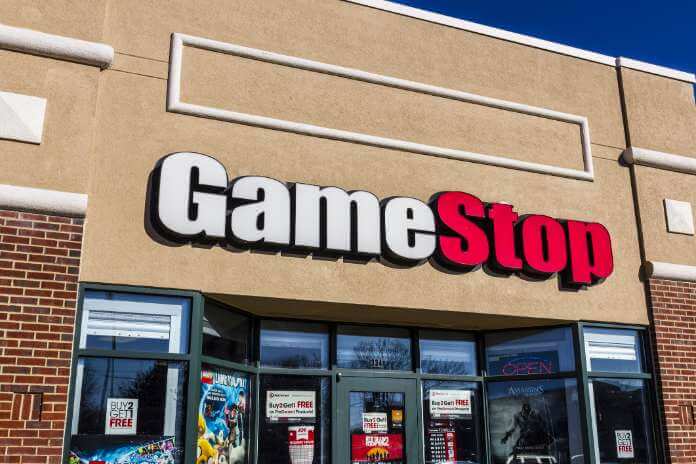GameStop (NYSE:GME) fell short of quarterly revenue expectations on Wednesday, facing increased competition and reduced consumer spending in an uncertain economic climate, hindering the company’s shift toward a more online-centric model.
Challenges such as persistent inflation and elevated borrowing costs have resulted in uneven spending patterns within the gaming industry. Recently, two major players, including Take-Two Interactive Software, provided less-than-optimistic forecasts.
Following the announcement of third-quarter results, GameStop stock experienced a nearly 3% decline in extended trading. The company reported revenue of $1.08 billion, falling short of the estimated $1.18 billion, according to a poll of five analysts by LSEG.
These results mark the first since top investor Ryan Cohen assumed the roles of CEO and chairman at GameStop in late September.
Third Bridge analyst John Oh commented, “While the softness in Q3 sales was to be expected, the increasing market share losses to mass merchants and e-commerce giants such as Amazon (NASDAQ: AMZN) will continue to be an uphill battle for GameStop.”
Cohen, who initially aimed for an aggressive push toward e-commerce, has modified some plans, placing greater emphasis on brick-and-mortar stores where customers can collect online orders. Additionally, the company has intensified its cost-cutting efforts.
Despite the revenue challenges, GameStop managed to achieve adjusted breakeven earnings per share, surpassing LSEG estimates of a loss of 9 cents. The company’s expenses also decreased by nearly 24% to $296.5 million.
Featured Image – Megapixl © Jetcityimage















